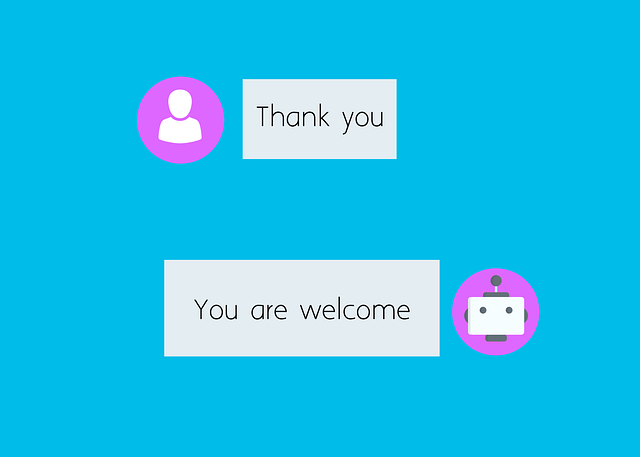AI chatbots and assistants are transforming customer service by leveraging NLP for instant, contextually relevant 24/7 responses, handling simple to complex tasks, and adapting to individual user needs. They free up human agents for specialized work, enhance user satisfaction, optimize business support operations, and facilitate natural conversations, even with imperfect language input. AI customer service tools integrate seamlessly into businesses, providing personalized guidance, reducing response times, and fostering loyalty through efficient, accurate interactions.
In the rapidly evolving digital landscape, Artificial Intelligence (AI) is transforming the way we interact with technology. At the forefront of this revolution are AI chatbots and assistants, redefining customer service with their conversational prowess. This article explores how these intelligent agents facilitate fluid tech interactions, enhancing user experiences across various sectors. We delve into the capabilities of AI in customer service, showcasing real-world applications that highlight the potential of these game-changing tools, from personalized assistance to efficient problem-solving.
- Understanding AI Chatbots and Assistants: The Future of Customer Service
- How AI Enhances Fluid Tech Interactions through Conversation
- Real-World Applications: AI in Action for Better Customer Experiences
Understanding AI Chatbots and Assistants: The Future of Customer Service

AI chatbots and assistants are transforming the way we interact with technology and, crucially, how businesses engage with their customers. These intelligent systems leverage natural language processing (NLP) to understand user queries and deliver contextually relevant responses, enhancing customer service experiences. By providing instant, 24/7 support, they revolutionize traditional customer interaction models.
In the realm of AI customer service, chatbots and assistants offer personalized assistance, adapting to individual needs. They can handle a wide range of tasks, from answering simple questions to complex problem-solving, all through conversational interfaces. This not only improves user satisfaction but also allows businesses to optimize their support operations, freeing up human agents for more specialized tasks.
How AI Enhances Fluid Tech Interactions through Conversation

AI enhances fluid tech interactions through conversation by facilitating natural and contextual exchanges between users and AI chatbots or assistants. Unlike traditional systems that rely on rigid scripts, AI is trained on vast amounts of data to understand and generate human language, making it capable of interpreting a wide range of user inputs and responding accordingly. This allows for smoother communication, even when users express themselves in imperfect ways, ensuring tech interactions are more intuitive and less frustrating.
Moreover, AI customer service agents can handle complex queries and provide personalized solutions by leveraging their access to vast knowledge bases. They learn from each interaction, continually improving their responses and adapting to user preferences. This not only enhances the overall user experience but also reduces response times, enabling businesses to deliver efficient and effective services at scale, thanks to the seamless integration of AI in tech interactions.
Real-World Applications: AI in Action for Better Customer Experiences

In today’s digital landscape, AI chatbots and assistants are transforming the way businesses interact with their customers. By leveraging natural language processing (NLP) and machine learning algorithms, these AI tools can handle a wide range of customer service inquiries, from simple FAQs to complex problem-solving. For instance, an AI chatbot can guide users through product purchases, offer personalized recommendations, and even process returns or exchanges, all in a conversational manner that feels natural and intuitive.
AI-powered customer service isn’t just about efficiency; it’s also about enhancing user experiences. These intelligent systems can understand context, remember previous interactions, and adapt their responses based on individual needs. This level of personalization not only makes customers feel valued but also encourages loyalty and repeat business. With AI at the helm, companies can provide 24/7 support, ensuring that every customer interaction is prompt, accurate, and satisfying.






